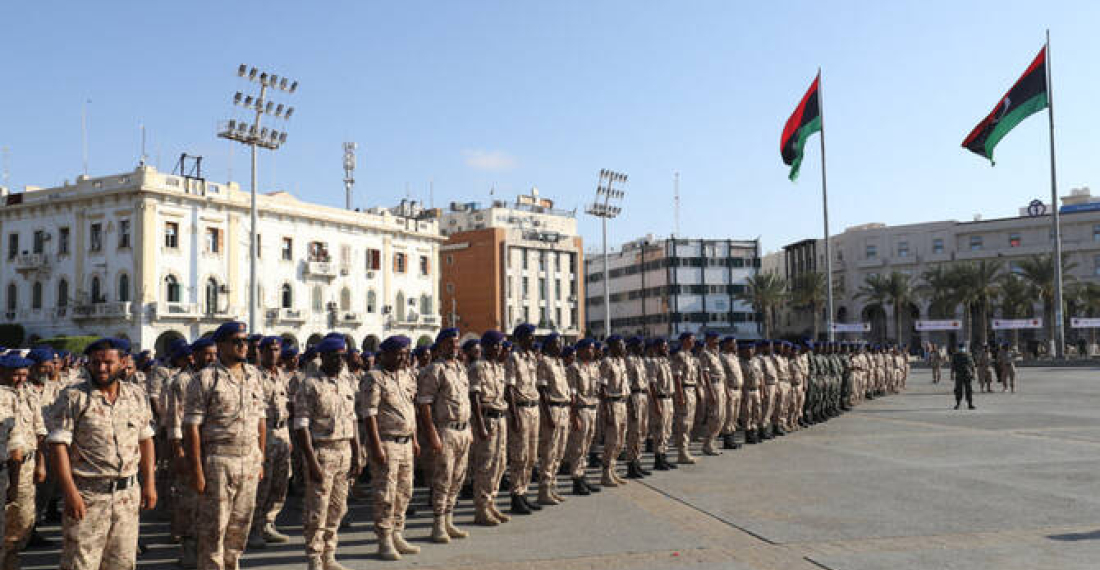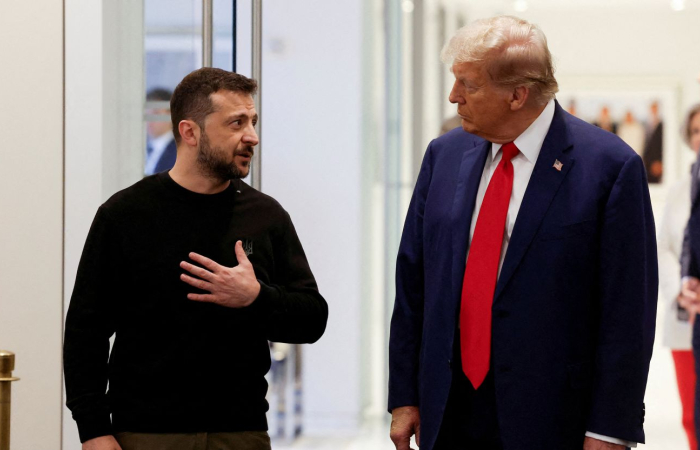Libya’s UN-recognized government based in Tripoli has reached a preliminary accord with a powerful armed group to end months of tensions that have flared into occasional violence, a government adviser and local media said on Saturday 13 September. Negotiations between the government and the Radaa Force were facilitated by Turkiye, according to the same sources quoted by Arab News. Ziyad Deghem, an adviser to the head of the Presidential Council transitional body, said the details of the accord “will be announced to the public at a later date.” Libyan broadcaster Al-Ahrar on Saturday posted on X a video that it said showed defense ministry forces entering an airport controlled by Radaa.
The North African country is still plagued by division and instability after years of unrest following the NATO-backed uprising that toppled longtime leader Muammar Qaddafi in 2011. It remains divided between the UN-recognized government in the west and its eastern rival, backed by military commander Khalifa Haftar.
In mid-May, there were clashes in Tripoli between forces loyal to the government and armed groups that the authorities are trying to dismantle. Among them is the Radaa Force, which controls the east of the capital and Mitiga airport, as well as prisons and detention centers.
According to a source within the group, cited by Al-Ahrah, the two parties agreed to a “neutral and unified force... managing and securing four airports” in the west, including Mitiga.
The airport, controlled by Radaa since 2011, is the only one to serve the Libyan capital with commercial flights. Prisons and detention centers managed by the Radaa Force are set to come under the authority of the Attorney General’s office, according to Al-Ahrar.
Speaking on the channel, Deghem thanked Turkiye “for its exceptional efforts” and the UN mission in Libya (UNSMIL) for its “essential and decisive” mediation.
News
- Conflict and Peace
- Domestic Politics
- Radicalisation
- Global
- North Africa and the Sahel
- Türkiye and the Levant
Libya government reaches preliminary accord with powerful armed group






